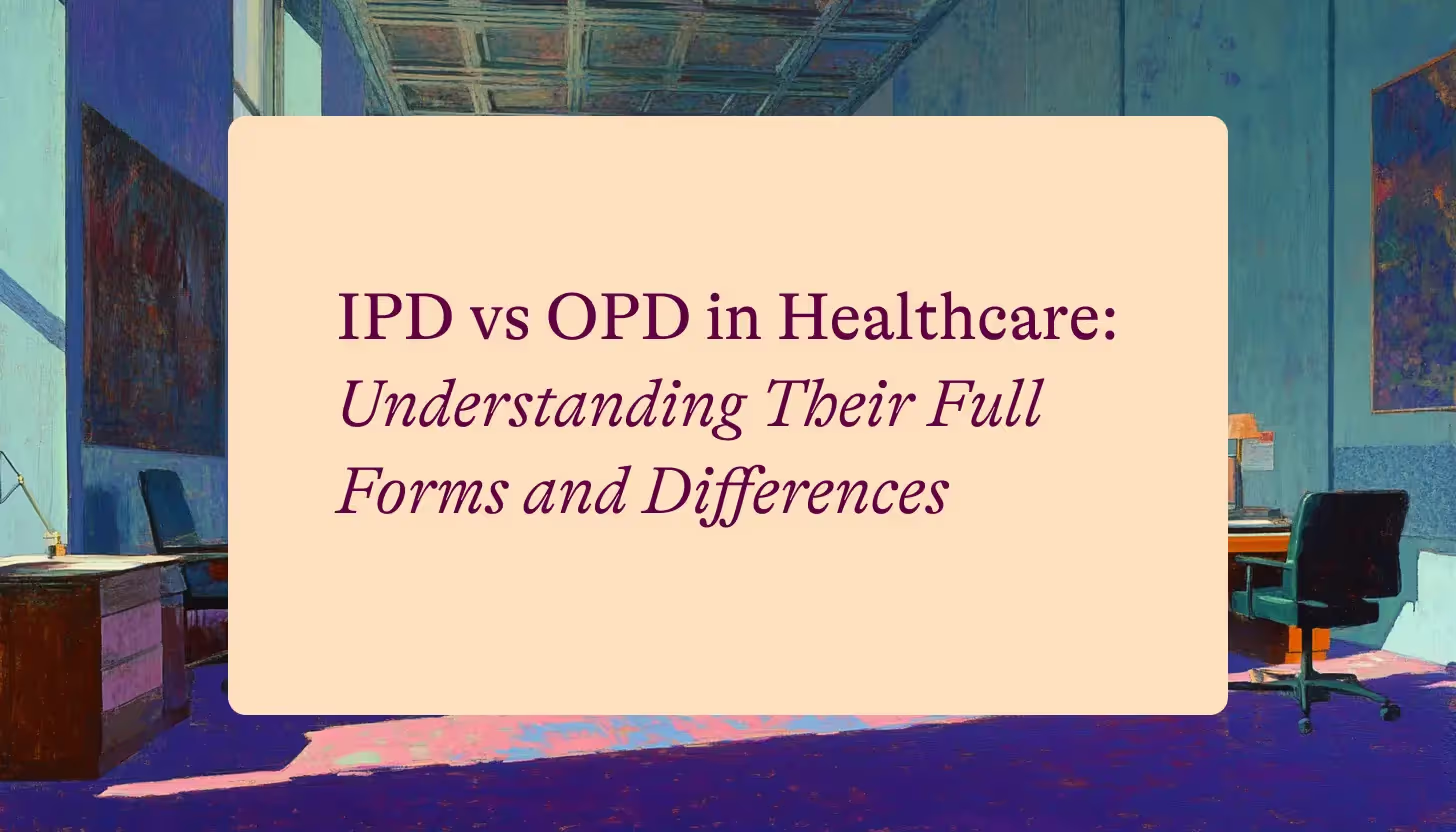Many people question the value of health insurance. Some may wonder whether it's worth the cost, while others may believe they don't need it because they're young and healthy. In this article, we'll examine whether health insurance is worth it for people in India.
What Is Health Insurance?
First things first, let's define what health insurance is. Health insurance is a type of insurance that covers medical expenses incurred by an insured person. The insured person pays a premium to the insurance company, and in return, the insurance company agrees to pay for some or all of the insured person's medical expenses.
What Are the Benefits of Health Insurance?
There are several benefits to having health insurance in India, which makes health insurance worth it. Some of the key benefits include:
- Financial Protection: One of the primary benefits of health insurance is that it provides financial protection in case of a medical emergency. Healthcare costs can be expensive, and having health insurance can help cover those costs.
- Peace of Mind: Knowing that you're covered in case of a medical emergency can provide peace of mind. You don't have to worry about how you'll pay for medical bills, which can be a huge relief.
- Access to Quality Healthcare: With health insurance, you can access quality healthcare without worrying about the cost. This means you can get the medical attention you need without financial barriers.
Is Health Insurance Worth It?
Now that we've looked at some of the benefits of health insurance, let's answer the question - is health insurance worth it? The answer is a resounding yes. Here's why:
- Rising Healthcare Costs: Healthcare costs are on the rise in India, and they will only continue to increase. Having health insurance can protect you from the financial burden of these costs.
- Medical Emergencies Can Happen to Anyone: Medical emergencies can happen to anyone, regardless of age or health status. Having health insurance ensures that you're prepared for these emergencies.
- Tax Benefits: Health insurance also provides tax benefits. Under Section 80D of the Income Tax Act, you can claim a deduction for the premium paid towards your health insurance policy.
Conclusion
In conclusion, health insurance is worth the investment. It provides financial protection, peace of mind, access to quality healthcare, and tax benefits. If you're unsure whether health insurance is right for you, speak to a trusted insurance provider for more information.
FAQ
Q. What are the common types of health insurance plans available in India, and how do they differ?
A. India offers several health insurance plans, including individual, family floater, critical illness, and group health insurance. Individual plans cover one person, while family floaters provide coverage for the entire family under one premium. Critical illness plans offer lump-sum payouts for specific diseases, and group health insurance is provided by employers. Each plan caters to different needs, ensuring a wide range of options for consumers.
Q. How do pre-existing conditions affect health insurance coverage in India?
A. In India, pre-existing conditions often come with a waiting period before coverage starts, typically ranging from 2 to 4 years. Insurers may also charge a higher premium or exclude the condition from coverage. However, the exact impact varies by policy and insurer. It's crucial for individuals to disclose such conditions upfront to avoid issues during claim processing.
Q. Can you switch health insurance providers in India, and if so, what is the process?
A. Yes, policyholders can switch health insurance providers in India through the portability feature. The process involves informing the current insurer about the decision to port at least 45 days before renewal. The new insurer then decides based on the provided documents and medical history. Porting ensures continuity of benefits, including credit for pre-existing conditions. This flexibility allows individuals to choose a provider that best meets their needs.
.avif)










.avif)














